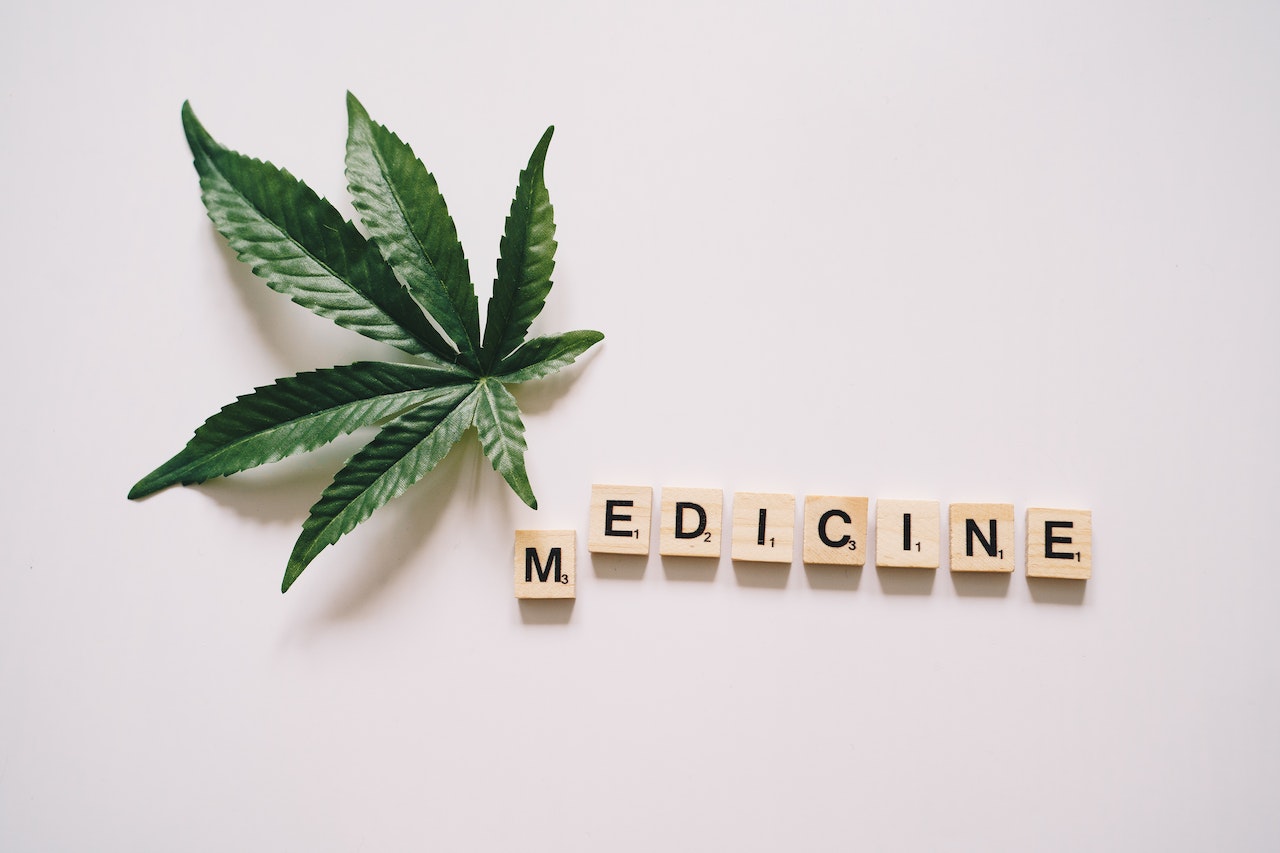Debunking Misconceptions About the Health Benefits of Medical Marijuana
There is evidence that medical marijuana can help treat several conditions. It relieves pain associated with multiple sclerosis and fibromyalgia; it helps control nausea and vomiting related to cancer chemotherapy; and it can improve appetite for people living with HIV.
Contents
Marijuana is Addictive
Marijuana can be addictive, and if you use it frequently over a long period, your body can become dependent on the drug. When they stop using it, many users develop withdrawal symptoms, such as anxiety, pain, and sleep problems.
It is critical to understand that marijuana has not been licensed as a medical therapy by the US Food and Drug Administration (FDA). However, the FDA has approved two prescription medicines that contain man-made cannabinoids: dronabinol (Marinol) and nabilone (Cesar).
Marijuana’s popularity and benefits are based on anecdotal claims, but it’s not without its risks. If you are struggling with marijuana addiction, some treatments can help. These include therapists who can help you understand the attitudes and actions contributing to your addiction and lifestyle modifications that can make quitting marijuana simpler. Some drugs can help with withdrawal symptoms while addressing underlying concerns such as sadness or anxiety.
Marijuana is a Gateway Drug
Many people who oppose marijuana use believe it is a gateway drug, leading to other illicit substances. This argument is often used to justify harsh marijuana laws. However, the truth is that this claim is based on nothing more than prejudice and fear.
While it is true that most people who abuse drugs like cocaine or opioids start by smoking weed, this does not mean that marijuana is a gateway drug. Alcohol is a much more likely “gateway drug,” as it is the first substance most people try. Despite this, research has failed to find evidence that marijuana leads to other drugs.
Some researchers have even questioned the gateway theory, noting that targeting other life experiences that could increase drug experimentation rather than focusing on a single drug would be more effective. In addition, if marijuana were legalized, it is not clear that this would lead to the use of harder drugs. This is because other factors, such as depression, stress, and peer pressure, can also increase the likelihood of drug experimentation.
Marijuana is a Stimulant
Marijuana can be classified as a stimulant or depressant depending on the context, dose, and the particular cannabinoid-terpene profile of the marijuana variety used. Cannabis can create various effects, from drowsiness and lethargy to increased anxiety and hallucinations.
Stimulants are drugs that increase your heart rate and blood pressure, making you feel more awake and alert. They can also enhance moods and increase motivation, arousal, and confidence. They are considered addictive and, if used excessively, can cause high blood pressure, paranoia, and heart problems. Examples of stimulants include cocaine, methamphetamine, and ADHD prescription drugs.
Marijuana affects the flow of neurotransmitters in your body, causing mood elevation and decreased depression. This can benefit people suffering from PTSD and fibromyalgia and those struggling with depression, ADD/ADHD, schizophrenia, and bipolar disorder. It can also help improve immune functions, neuroplasticity, and digestion. It can even reduce eye pressure in glaucoma patients and relieve pain caused by various conditions. It can be used alone or with other drugs to obtain the desired results.
Marijuana is a Sedative
Marijuana is a natural relaxant that can ease muscle spasms and relieve pain from cancer treatment and chronic conditions. It is also said to reduce the nausea and loss of appetite accompanying chemotherapy and aid in weight gain for people with AIDS. It is famous for those with nerve pain from multiple sclerosis and other medical conditions because it is less sedating than prescription drugs.
However, marijuana can affect how you use other medications, including sedatives, anticoagulants, and herbal supplements that prevent blood clots or boost the effects of stimulants.
Medicinal marijuana can also cause a change in motor skills and make it difficult to perform tasks that require coordination, such as driving. Therefore, you must seek a doctor’s approval and obtain a medical marijuana card before using it to make sure that you are safe to do so. If you are based in Arizona, for example, individuals have the option to contact Green Leaf Phoenix Medical Marijuana Doctors to obtain a medical marijuana card easily, enabling them to access the benefits of cannabis for various medical conditions.
Marijuana is a Mood Enhancer
The marijuana plant is a natural mood enhancer and anxiety reducer. But it is also known to significantly lessen nerve pain, including that caused by multiple sclerosis. MS patients report that it alleviates the numbness, pain, and muscle spasticity associated with their disease. Several studies show that marijuana is more effective than other drugs for this condition.
It is more effective than opiates for nerve pain, which can be life-threatening, and it works better than antidepressants and antianxiety medications, which can produce unwanted side effects, such as stomach upset or constipation. Moreover, marijuana has low rates of adverse drug interactions.
Several gold-standard randomized clinical trials show that marijuana can be an alternative to other pain medications, such as opioids, acetaminophen, and NSAIDs. It relieves pain from diseases and conditions such as cancer, AIDS, spinal cord injury, HIV-related muscle and joint problems, rheumatoid arthritis, fibromyalgia, and migraines. It also eases the aches and pains of aging, such as osteoarthritis and back pain. In addition, marijuana decreases nausea from chemotherapy and stimulates appetite in AIDS patients.

